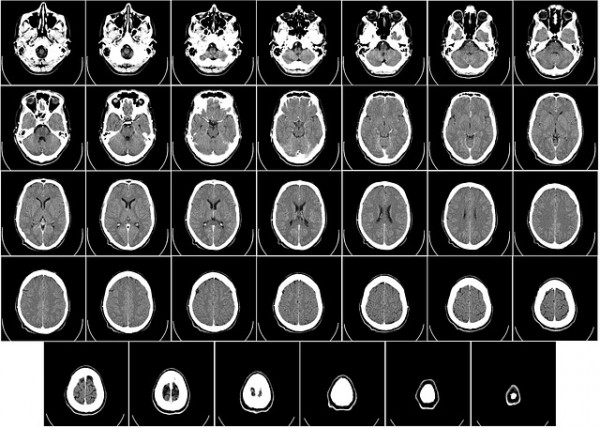By Samille Abada, | March 14, 2017

A brain scan could help predict whether a person knowingly committed a crime.
What if judges can make decisions by simply looking at scans of the brain of an accused? Brain scans to determine whether a person intentionally committed a crime might be something from a science fiction story. But a new study reveals that it can be a reality.
A brain scan could help predict whether a person knowingly committed a crime. Researchers have been able to identify patterns of brain activity that may help in the administration of justice.
Like Us on Facebook
According to the study, intentionally means that a person knows without a doubt that what has been committed is a crime. On the other hand, recklessly means that a person is not sure if he is committing a crime.
The study suggests that neuroscience can be helpful to determine the mental state of the accused in the future. According to Live Science, more researcher is necessary to make this type of technique reliable enough to be admissible in the court of law.
The study entitled "Predicting the knowledge-recklessness distinction in the human brain" was published in in the journal Proceedings of the National Academy of Sciences. It explained that there are major implications on the mental state of a person when he commits a crime.
Researchers were able to predict whether a person knowingly or recklessly committed a crime based on the brain patters. The brain scan data was incorporated into a computer model which helps identify these patterns.
-
Use of Coronavirus Pandemic Drones Raises Privacy Concerns: Drones Spread Fear, Local Officials Say

-
Coronavirus Hampers The Delivery Of Lockheed Martin F-35 Stealth Fighters For 2020

-
Instagram Speeds Up Plans to Add Account Memorialization Feature Due to COVID-19 Deaths

-
NASA: Perseverance Plans to Bring 'Mars Rock' to Earth in 2031

-
600 Dead And 3,000 In The Hospital as Iranians Believed Drinking High-Concentrations of Alcohol Can Cure The Coronavirus

-
600 Dead And 3,000 In The Hospital as Iranians Believed Drinking High-Concentrations of Alcohol Can Cure The Coronavirus

-
COVID-19: Doctors, Nurses Use Virtual Reality to Learn New Skills in Treating Coronavirus Patients











